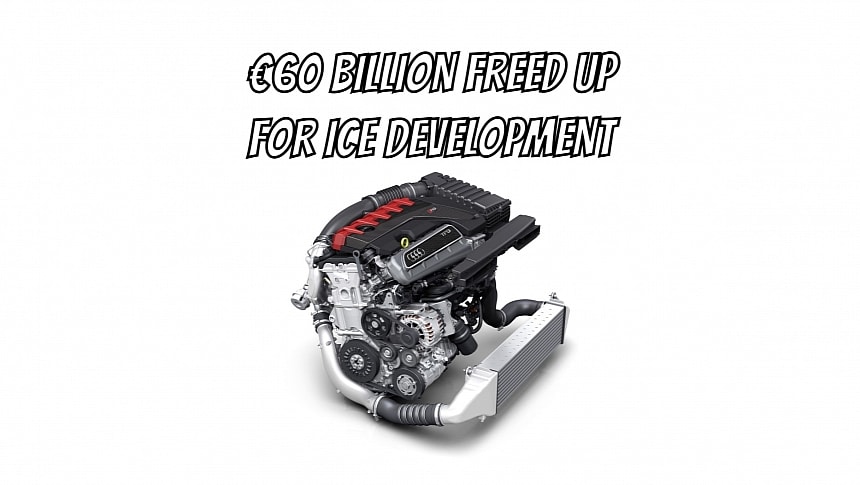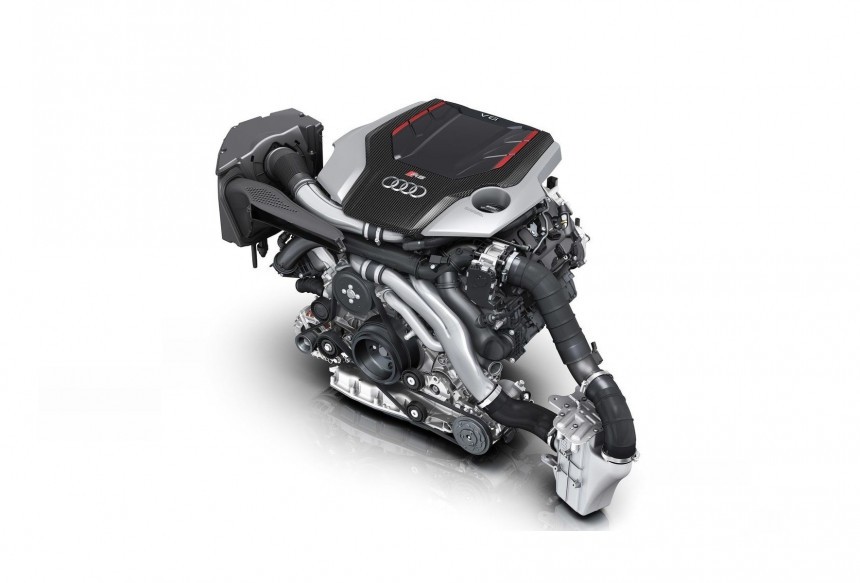Remember Dieselgate? That scandal prompted the Volkswagen Group to invest billions over billions of euros in electric vehicles, which resulted in the MEB-based ID.3 and ID.4 entering production in the latter part of 2019 and in the summer of 2020.
Of course, said platform also underpins electric vehicles from the Skoda, Cupra, and Audi brands. Even the Ford Motor Company offers an MEB-based electric vehicle in the form of the ID.4-twinned Explorer EV for the UK and European markets.
Be that as it may, EV demand appears to be slowing down in both Europe and the United States of America. We also have to remember that populist and far-right parties have – somewhat expectedly – achieved record support in the elections for the European Parliament. Why does that even matter in this context? Because their very first post-election target is the overturning of the 2035 ban on the sale of fossil-fuel automobiles in the European Union.
Given the aforementioned, the Volkswagen Group has decided to redirect a good chunk of its R&D budget for 2023 through 2027 to keep internal combustion vehicles compliant and relevant. A good chunk as in a third of the 180-billion-euro budget, which is 60 billion euros or just under 64.5 billion dollars.
Arno Antlitz, the Volkswagen Group's chief operating and financial officer, said the following: "The future is electric, but the past is not over." As per a story published by Automotive News Europe, Antlitz made it clear that the internal combustion budget "is a third" of the total R&D budget for 2023 through 2027.
In addition to giving internal combustion engines a bit more thought, Volkswagen is balancing the slowdown in electric vehicle sales with the increasing demand for plug-in hybrids. The German colossus from Wolfsburg isn't the first automaker to shelve overly aggressive battery-electric vehicle plans in favor of hybrids and plug-in hybrids. Ford's European division comes to mind. Prior to May 2024, the European division was adamant in regard to switching to a 100-percent electric passenger vehicle lineup by 2030.
The initial shortsightedness and the ensuing mea culpa extend to Mercedes-Benz AG. Back in July 2021, the Stuttgart-based automaker pompously announced that it would go completely electric where market conditions allow. The German company backtracked in February 2024, with Mercedes-Benz AG thus adopting a more flexible strategy.
Aston Martin and Bentley have also realized that internal combustion will survive well into the 2030s because the aforementioned 2035 ban on the sale of fossil-fuel passenger vehicles is – obviously enough – nothing more than wishful thinking. What's more, Volkswagen Group brands Porsche and Audi are heavily invested in carbon-neutral fuels. Despite being prohibitively expensive at press time, Ferrari believes that e-fuels are the key to saving the free-breathing V12 from extinction.
Bentley, however, couldn't save the iconic twin-turbo W12 of the Continental series, Flying Spur, and the Bentayga. Series production came to a screeching halt in April 2024. The force-fed W12 will be replaced by a plug-in hybrid twin-turbo V8 powertrain with 782 ps (771 hp) at its disposal.
Be that as it may, EV demand appears to be slowing down in both Europe and the United States of America. We also have to remember that populist and far-right parties have – somewhat expectedly – achieved record support in the elections for the European Parliament. Why does that even matter in this context? Because their very first post-election target is the overturning of the 2035 ban on the sale of fossil-fuel automobiles in the European Union.
Given the aforementioned, the Volkswagen Group has decided to redirect a good chunk of its R&D budget for 2023 through 2027 to keep internal combustion vehicles compliant and relevant. A good chunk as in a third of the 180-billion-euro budget, which is 60 billion euros or just under 64.5 billion dollars.
Arno Antlitz, the Volkswagen Group's chief operating and financial officer, said the following: "The future is electric, but the past is not over." As per a story published by Automotive News Europe, Antlitz made it clear that the internal combustion budget "is a third" of the total R&D budget for 2023 through 2027.
The initial shortsightedness and the ensuing mea culpa extend to Mercedes-Benz AG. Back in July 2021, the Stuttgart-based automaker pompously announced that it would go completely electric where market conditions allow. The German company backtracked in February 2024, with Mercedes-Benz AG thus adopting a more flexible strategy.
Aston Martin and Bentley have also realized that internal combustion will survive well into the 2030s because the aforementioned 2035 ban on the sale of fossil-fuel passenger vehicles is – obviously enough – nothing more than wishful thinking. What's more, Volkswagen Group brands Porsche and Audi are heavily invested in carbon-neutral fuels. Despite being prohibitively expensive at press time, Ferrari believes that e-fuels are the key to saving the free-breathing V12 from extinction.
Bentley, however, couldn't save the iconic twin-turbo W12 of the Continental series, Flying Spur, and the Bentayga. Series production came to a screeching halt in April 2024. The force-fed W12 will be replaced by a plug-in hybrid twin-turbo V8 powertrain with 782 ps (771 hp) at its disposal.







